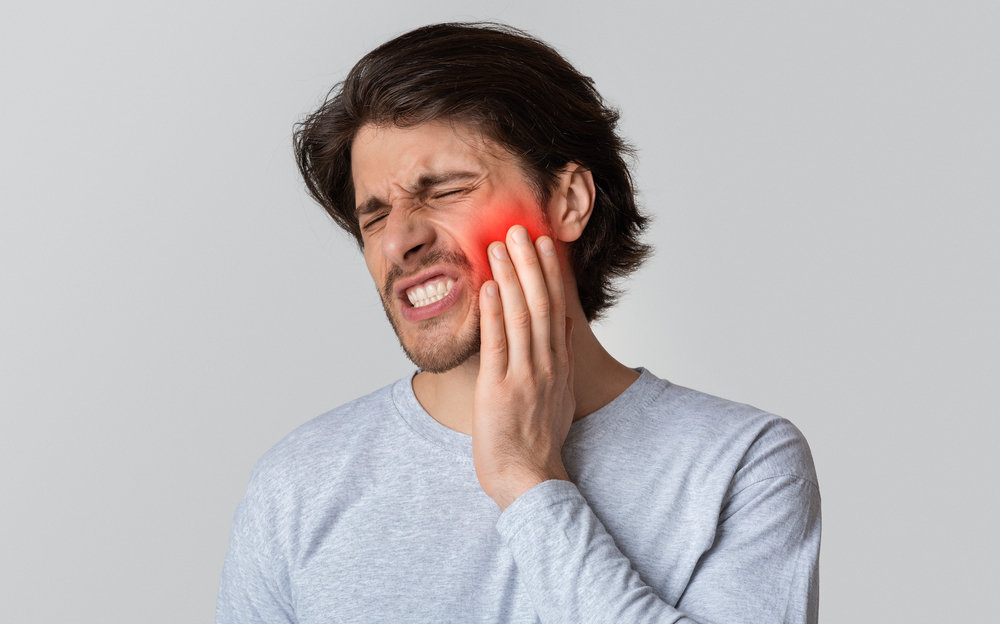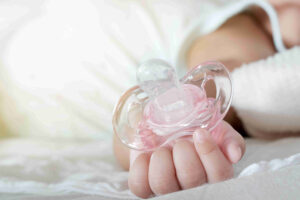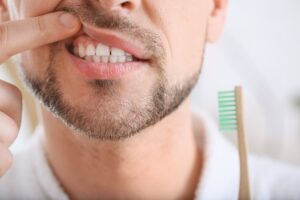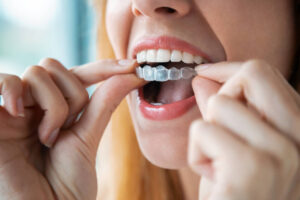Dental accidents are not uncommon, especially among 18-44-year-old patients. Those who lead an active lifestyle and do not take precautionary measures, avoid regular dental visits, or practice poor oral hygiene are at a higher risk of dental emergencies. Read on to learn about the 5 most common dental emergencies and the care you can receive at Vibrant Square Dental.
What Are 5 Common Types Of Dental Emergencies?
- Toothaches
- Infections
- Chipped or cracked teeth
- Tooth displacement
- Missing fillings or crowns
Toothache
In the United States, an estimated 2 million hospital emergency department visits are made each year for tooth pain. Pain is never a good sign: it can indicate a variety of medical conditions, including tooth decay. While some toothaches are manageable without emergency treatment, certain symptoms — such as swelling — require urgent attention. The best way to know if your toothache requires medical attention is to consult with a dentist.
Teeth Infections
Mouth infections, especially near the roots of teeth or between the teeth and gums, are serious. If left untreated, they can spread to surrounding teeth and gums, and even other parts of the body. Painful, pimple-like swellings are a sign of an infection. Dental infections can destroy jaw tissue, gum tissue, and tooth tissue. In extreme cases, they can even be life-threatening if the infection enters the bloodstream.
Chipped Or Cracked Teeth
Chipped or chipped teeth do not just ruin your perfect smile, they can cause permanent damage. When you chip or crack a tooth, rinse your mouth with warm water, then place a piece of gauze over the bleeding site. You should apply a cold compress to the area of the face closest to the broken or chipped tooth to reduce swelling and relieve pain. To avoid these types of dental emergencies, dentists recommend taking the proper precautions when exercising and performing other activities that may cause your teeth to crack or chip. These precautions include using mouthguards.
Tooth Displacement
Tooth displacement is a common dental emergency and knowing how to respond is crucial. As with a chipped or chipped tooth, grasp the tooth by its crown (the exposed part of the mouth) and only rinse the root if it becomes dirty. Otherwise, avoid scrubbing and removing adherent tissue fragments. Depending on the injury, you may be able to reinsert the tooth, but be careful not to force it into the socket. The sooner you do this (ideally within an hour), the better your chances of restoring it in place. If you can’t get the tooth back in place, put it in a small glass of milk or water. This will help preserve the tooth in time for emergency care at our dental clinic.
Missing Fillings Or Crowns
You can lose a crown or fill for a variety of reasons. In some cases, severe tooth decay can cause the crown or filling to fall out. An injury to the mouth may also cause the cap to crack or the filling to loosen. If you eat certain types of food, such as sticky or hard foods, biting or chewing can cause you to lose a filling or crown. You may also lose a filling or crown if you have a habit of chewing on ice cubes or if you grind your teeth. Crowns and fillings restore damaged teeth to their best appearance and function. Therefore, if these are broken, you need to treat them immediately to avoid further damage or an infection. You should especially seek emergency care if you have lost a crown or filling and show signs of infection.
Choose Vibrant Square Dental For Your Dental Emergencies
It is always wise to contact your dentist as soon as possible if you experience any dental issues, even if you don’t think it is an emergency. Your dentist can tell you the best course of treatment or steps to take to ensure the best outcome. If dental injuries are left untreated, they can lead to more serious dental and health issues.
If you experience a dental emergency, don’t hesitate to contact our office in Vaughan, Ontario. We are committed to providing our patients and their families with the best care possible when accidents happen. Give us a call at 905-553-3004 and we’ll arrange an assessment to determine the treatment needed. Our team will then provide the necessary care and book a follow-up appointment to ensure that any potential long-term damage is minimized.







